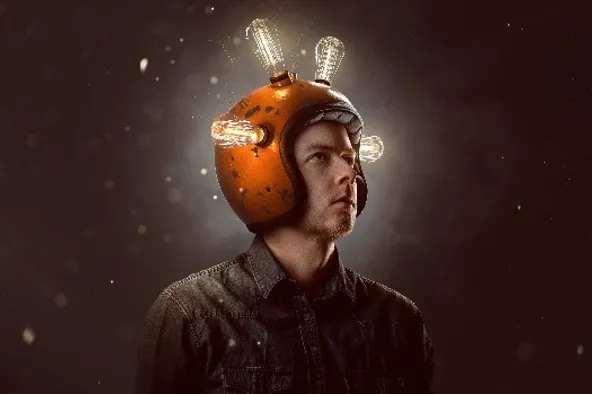Heating Up: Demystifying the Inner Workings of Your Water Heater
Introduction: In the daily rhythm of household activities, the humble water heater plays a crucial role, ensuring that hot water flows seamlessly for showers, baths, and household chores. But have you ever wondered how this seemingly magical appliance works? Let’s take a journey into the heart of your water heater and unravel the science behind its ability to provide that comforting stream of warmth.
The Basics: Understanding the Types of Water Heaters Water heaters come in various shapes and sizes, but they all share the same fundamental purpose—to heat water for our daily needs. The two main types are tank water heaters and tankless (on-demand) water heaters. Both serve the same function, but they operate in slightly different ways.
For the Love of Tanks: How Traditional Water Heaters Work If you have a conventional tank water heater, it operates by storing and constantly heating a large volume of water in an insulated tank. As hot water is used, the tank refills and reheats to maintain a consistent temperature.

The Power of Elements: Electric Water Heaters Electric water heaters utilize heating elements, typically located at the bottom and sometimes the sides of the tank. These elements heat the water using elctricity. A thermostat ensures that the water temperature remains steady, meeting your desired comfort level.
Tankless Marvels: Instant Hot Water with Tankless Heaters Tankless water heaters are a modern marvel. Unlike tank water heaters, they heat water on demand without the need for a storage tank. Water passes through a heat exchanger, where it is rapidly heated by gas burners or electric elements.
The Science of Heat Exchangers: Tankless Water Heater Magic The magic happens in the heat exchanger of tankless water heaters. These components transfer heat from the heating source to the water, allowing for rapid and efficient water heating as it flows through the unit.
Efficiency Unleashed: The Advantages of Tankless Heaters Tankless water heaters offer several advantages. They are known for their energy efficiency, space-saving design, and the elimination of standby heat loss—the energy lost when hot water sits in a tank waiting to be used.
Temperature Control: The Thermostat’s Vital Role Regardless of the type of water heater, thermostats play a vital role. They monitor and control the water temperature, ensuring that it meets the desired setting for comfort and safety.
Maintaining Performance: Routine Water Heater Maintenance To keep your water heater operating at peak performance, regular maintenance is essential. Tasks such as flushing the tank to remove sediment, checking for leaks, and ensuring proper ventilation for gas heaters contribute to longevity and efficiency.
The Future of Hot Water: Innovations in Water Heater Technology Looking ahead, the future of water heaters is marked by innovations. Smart water heaters with connectivity features, improved energy-saving capabilities, and advancements in heating technology showcase the continuous evolution of this essential household appliance.
Conclusion: Your water heater, whether a tank or tankless model, is a silent hero in your home, ensuring comfort and convenience. By understanding the inner workings of this essential appliance, you gain insights into how to optimize its performance and appreciate the technology that delivers that soothing stream of warmth whenever you turn on the tap. Here’s to the unsung hero in your home—your water heater.





